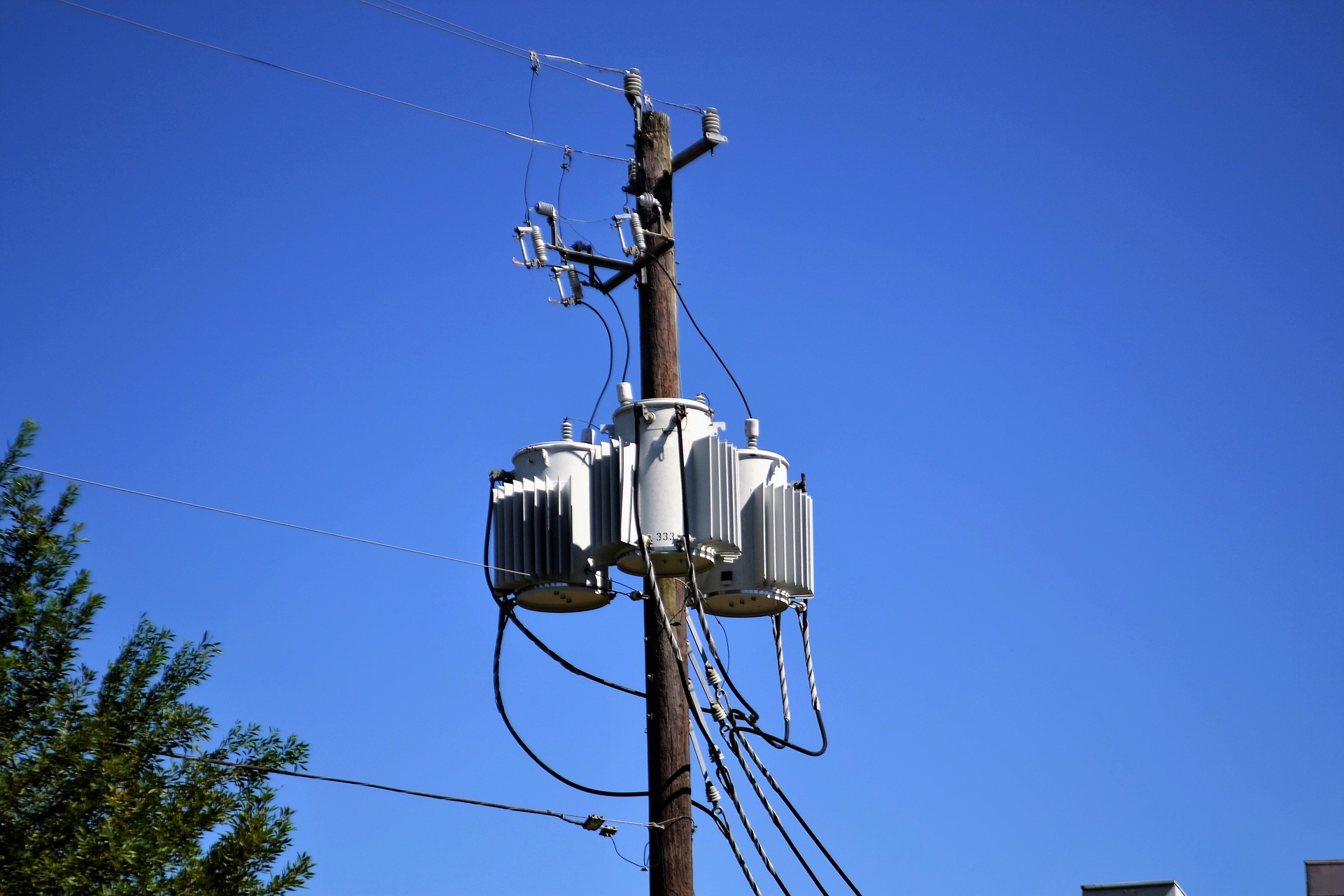
09 Apr Are utility stocks risk-free? No way
Photo: pixabay.comQ. Are utility stocks a good bet when the markets go down? Utilities pay dividends and are relatively risk-free.
— Investor
A. Let’s start with your statement that utility stocks are “relatively risk-free.”
No stock is without risk.
Although utilities are slightly more defensive than other sectors, they’re subject to “systematic risk,” said Michael Green, a certified financial planner with Wechter Feldman Wealth Management in Parsippany.
“Also known as `undiversifiable risk’ or `market risk,’ systematic risk affects the overall market, not just a particular stock or industry,” Green said. “This type of risk is unpredictable and impossible to completely sidestep.”
It cannot be alleviated through diversification, hedging, or by using the correct asset allocation strategy for the particular market environment, Green said.
He said systematic risk incorporates interest rate changes, inflation and recessions, among other major changes. Shifts in these domains have the ability to affect the entire market and cannot be mitigated by replacing specific equities within a portfolio, he said.
Utility companies are often those that provide household utilities such as gas, electricity and water.
“Utility stocks are widely considered to be defensive in nature due to their high dividends and relatively recession‐proof business models,” Green said. “However, utilities have a history of poor performance during bear market cycles.”
For example, he said, during the recession that followed the tech bubble — March 2000 to October 2002 — utilities fell 25 percent. During the credit crisis — October 2007 to March 2009 — utility companies dropped over 40 percent, he said.
“This poor performance was better than the general market indices but did not provide a safe‐haven for investor dollars,” Green said.
Historically, Green said, utility stocks perform better late in the business cycle, which is typically when growth begins to slow. They also tend to do better during periods when interest rates are declining.
“Though utility companies are currently offering high dividends, there is no guarantee that they will continue to pay these same rates into the future, or even that they will continue to pay dividends at all,” Green said. “While risk is usually lessened in the utilities sector during times of downside volatility, utility stocks are also likely to underperform the overall market during bull market periods.”
Utility companies require significant infrastructure, so these types of companies often carry large amounts of debt, Green said. As a result of a high debt load, utilities company valuations become highly sensitive to interest rate changes.
He said there are a number of risks inherent to the utilities sector that investors should be mindful of, including changing government and environmental regulations, increasing interest rates, and cancelation of dividend yields. In addition, natural disasters and changing commodity prices are likely to impact overall profitability.
“There are many outside factors out of an investor’s control which impact the overall performance of the utility sector,” he said. “Assuming your money is 100 percent safe in this sector could be a costly mistake.”
Email your questions to Ask@NJMoneyHelp.com.

